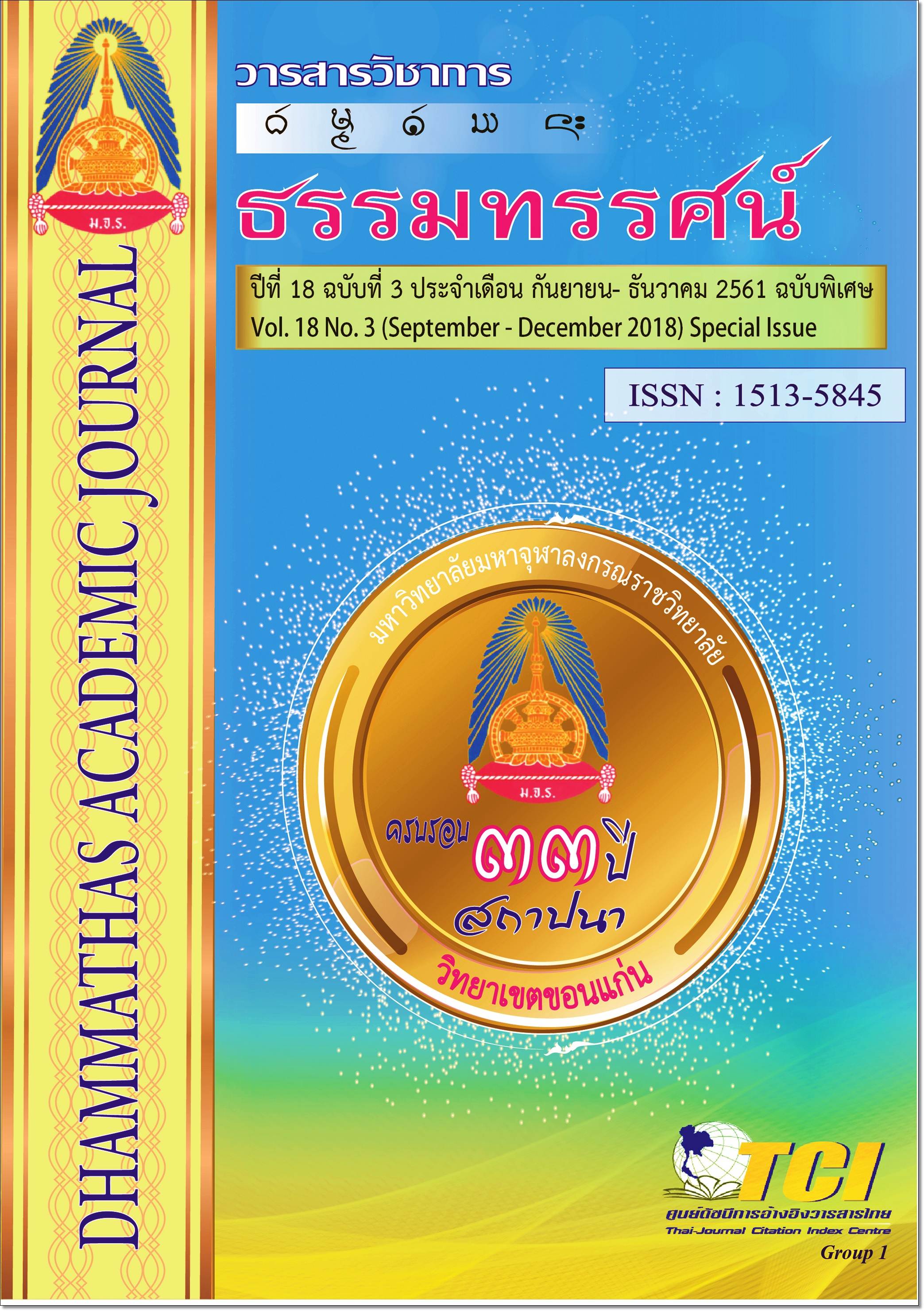Knowledge Management Strategies for Academic Administration for Small Sized Schools under the Secondary Education Service AreaOffice 42 Nakhon Sawan Province
Main Article Content
Abstract
The purposes of this research were 1) to investigate the status and desirable in academic administration knowledge management of small sized schools under the secondary education service area office 42 Nakhon Sawan province, and 2) to develop the knowledge management strategies for academic administration of small sized schools under the secondary education service area office 42 Nakhon Sawan province. The research consisted of 3 stages which were 1) study the related principles, theories, and documents in knowledge management and academic administration for point out the scope and framework in application the knowledge management into small sized schools under the secondary education service area office 42 Nakhon Sawan province, 2) the field study which was qualitative and quantitative techniques to state the status and desirable in academic administration knowledge management of small sized schools under the secondary education service area office 42 Nakhon Sawan province by using questionnaire and study the best practice by interview, and 3) develop the develop the knowledge management strategies for academic administration of small sized schools under the secondary education service area office 42 Nakhon Sawan province. The population and sample group were the school administers and teachers under the secondary education service area office 42 Nakhon Sawan province which use sampling technique. The used of Mean, Standard Deviation (S.D.) and PNI technique were implied in this study for analysis.
The results as following: the knowledge management strategies for academic administration of small sized schools under the secondary education service area office 42 Nakhon Sawan province consisted of 7 strategies which were 1) curriculum and instructional materials strategy, 2) personal development strategy, 3) curriculum and the utilization of curriculum strategy, 4) measurement and evaluation strategy, 5) internal supervisions strategy, 6) library strategy, and 7) instruction strategy.

